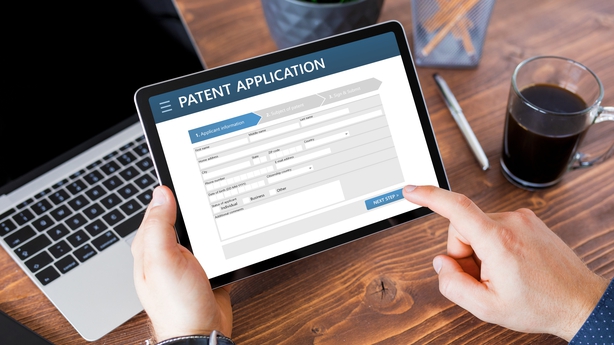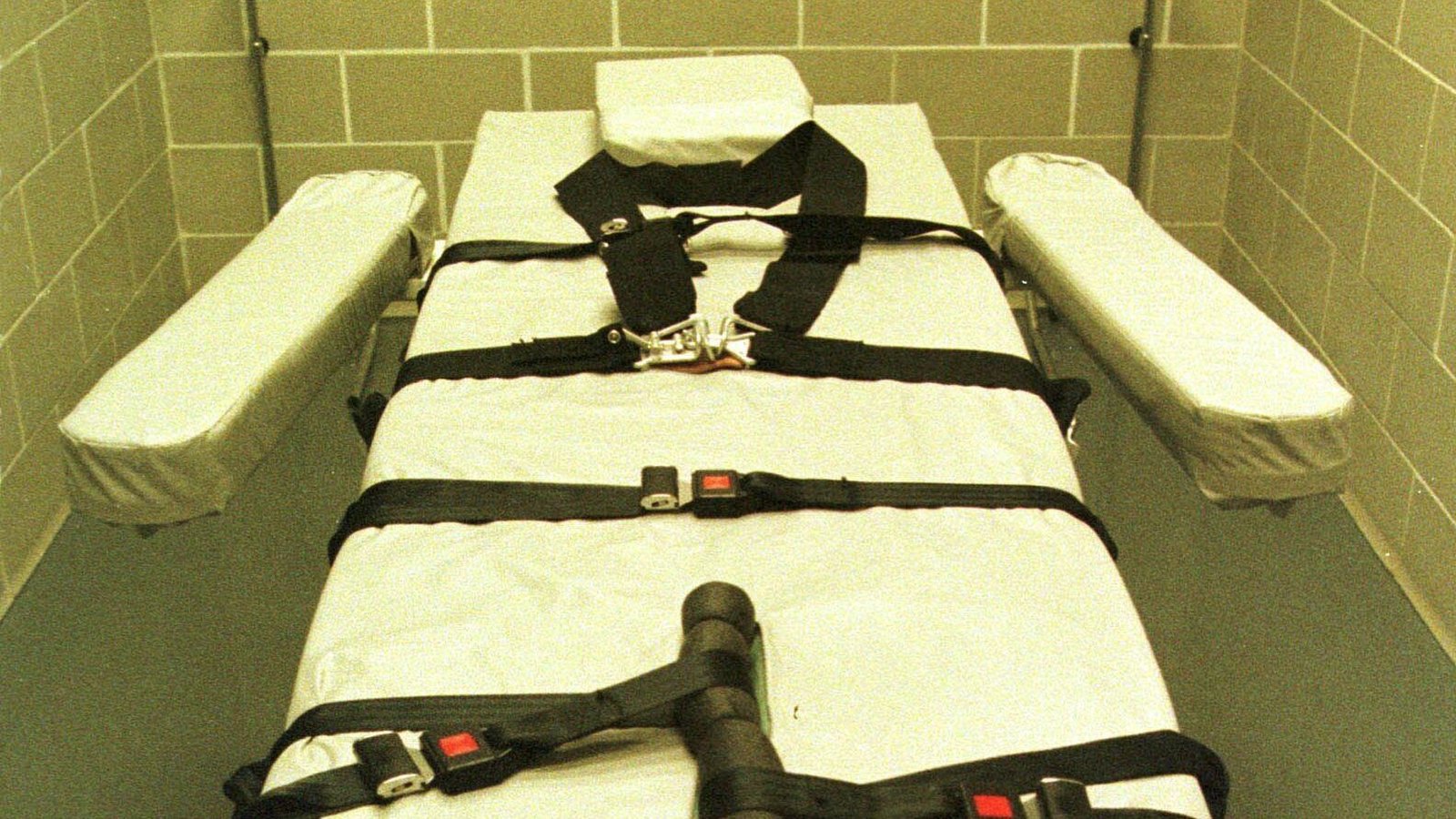What is the upcoming patent referendum about?

Ireland has held two referendums so far this year, and we’re not finished yet.
In June, you will be asked to vote in a referendum on Ireland’s participation in the Unified Patent Court (UPC).
The vote will take place on the same day as the European and local elections.
But what exactly is the UPC and what will change if the referendum passes?
What is the UPC?
The UPC is an international court which opened in June of last year.
Its central court is based in Paris and Munich, but there will be a local division in Ireland – if the referendum passes.
17 countries across the EU are currently taking part in the UPC.
Ireland has signed the Unified Patent Court Agreement, but a constitutional referendum is needed to enable the transfer of jurisdictional powers from the Irish courts to the new international court.
How do things work at the moment?
Patents protect inventions.
They provide monopoly rights to patent holders, which enable them to prevent any third party from making use of their invention for the period of patent protection.
But patents have limited territorial scope, as Karen Gallagher, Legal Director of law firm Pinsent Masons Ireland explained.
“This means that, for example, a patent registered in Ireland will only protect the owner’s invention in Ireland,” she said.
Currently, where businesses want to obtain patent protection in several EU member states, they can apply to the European Patent Office for a European Patent, designating the countries in which they want to obtain protection.
“This is still quite unwieldy” Ms Gallagher said, with the need to have the patent validated by the national patent office in each country where protection is sought.
“What you end up with is a bundle of national patents,” she explained.

The current system also makes challenging a patent quite difficult.
Ms Gallagher said a patent owner has to bring separate legal proceedings in each country where infringement is occurring or threatened, seeking to restrain the infringing activity by way of an injunction, and/or compensation in damages.
If you believe that a patent monopoly is invalid, for example if the invention claimed is not in fact “new” or is not “inventive”, and you want to bring your own product to market without threat of being sued by the patent owner, you can bring legal proceedings to have the patent declared invalid and revoked.
Again, with a European patent, Ms Gallagher said you will need to bring separate proceedings in each country in which you are seeking revocation of the patent.
Therefore, she said protecting or challenging patent rights in the current system often involves a series of complex and costly disputes in a number of different countries.
“This can make the system quite inaccessible for smaller companies who do not have the resources to allocate to large scale international litigation,” she explained.
What would change if we joined the UPC?
Joining the UPC would allow Irish businesses to register, protect and challenge patent rights on a European scale.
Ms Gallagher of Pinsent Masons said this new system would be more efficient and cost-effective.
“The UPC has committed to dealing with cases within around 12 months, meaning that parties using the system can expect to have a decision relatively quickly,” she explained.
“Legal certainty is important for businesses and enables them to plan ahead effectively and evaluate risks,” she added.
A local division of the UPC in Dublin would mean that Irish businesses have access to the UPC from within Ireland.
“They will be able to litigate in a UPC court located in Ireland, instructing solicitors and barristers based in Ireland, and at the same time benefit from a decision that will apply throughout the participating countries of the UPC,” she added,
Paul Keane, European patent attorney, Irish patent agent and partner at FRKelly also pointed out that Ireland would be the only country joining with English as a national language.
“This would further mark Ireland out as a good place to locate their EU business, as it would increase their comfort with the new UPC courts if they can bring their cases before a court which has a legal tradition that they understand and are comfortable with,” he explained.

How would joining the UPC impact the wider Irish economy?
Ibec, the group that represents Irish businesses, has said joining the UPC would bring substantial benefits to the Irish economy.
It said the establishment of a local division in Dublin would support the expansion of patent-intensive sectors across the country, creating jobs and benefitting SMEs.
It expects this would contribute to at least €415m or 0.13% in GDP growth per year. It said this could rise to as much as €1.6bn or 0.5% in GDP growth.
On top of this, Ibec expects increased expenditure and employment in legal, professional and other technical advisory services. For example, it expects law firms would set up new offices here.
“The system would be tremendously attractive to companies due to our common law system, and we’re English speaking – so we would be able to attract a lot of inward investment,” said Aidan Sweeney, Head of Enterprise and Regulatory Affairs at Ibec.
Mr Sweeney said Ibec wants to educate voters over the next few months to inform them about the benefits of the new system.
“It is quite simple really,” he said
“It is about protecting innovation, protecting business and protecting jobs.”
Mr Sweeney said he believes the upside of the new system far outweighs any of the risks associated with it.
What are the risks of joining the UPC?
The biggest risk is that a patent could be revoked across all EU countries signed up to the UPC.
But overall, patent attorney Paul Keane believes there is little downside to joining.
“For patent owners using the system, the benefit of being able to enforce their patent across 17 (or 18) EU countries is balanced against the possibility of the patent being revoked across the territory of the system,” he said.
“However, for patent owners concerned with the risk of losing their patent, they will still have the possibility to bypass the UPC system and get national patents,” he added.
Why are patents so important?
Patent-ownership can have a significant impact on a company’s performance.
Data referenced in a recent Ibec report from EPO and EUIPO shows that companies that own patents tend to be at least five times larger than firms that do not, employing an average of 29 people.
Not only are they larger, they are more profitable, generate greater revenue and pay higher wages than non-patent.
Patents can also be used strategically by SMEs to secure external investment.
By international standards, Ibec said there is a low rate of patent litigation before the Irish courts, although a recent increase in local litigation by the pharmaceutical sector has been reported.
It has been estimated that Ireland has 0.2% share of European patent litigation.

Why has it taken Ireland so long to call a date for this referendum?
Although Ireland became a signatory to the Unified Patent Court Agreement (UPCA) in 2013 along with 24 other EU Member States, there was uncertainty for some time in relation to when the UPC would come into effect across the contracting States.
The UPCA could not come into effect until the three contracting states with the highest number of European Patents in 2021 had ratified it. This included Germany. Germany’s ratification was delayed pending the outcome of national legal proceedings challenging the constitutionality of Germany’s membership. Germany ratified the UPCA in September 2021.
The UK was one of the largest of the original contracting states to the UPCA, Ms Gallagher of Pinsent Masons explained.
“Following Brexit, it was unclear whether the UK would continue to participate in the new system, and if it withdrew, what impact that might have on the future of the project.
“The UK was originally due to host one of three central divisions of the UPC along with France and Germany,” she said.
However, the UK withdrew in 2021.
“It was decided that the remaining contracting states would proceed with the establishment of the UPC, but would defer the decision on the location of the third seat of the central division,” Ms Gallagher explained.
“In fact this decision was only made final in 2023 (after the UPC opened), with official steps being taken this year to establish the Milan seat of the central division.”
So in short, up until the end of 2021, there was no immediate pressure on the Irish Government to call a date for the UPC referendum.
If the result in the referendum is a “yes” vote, it is expected that the Oireachtas will move quickly to draft and pass the necessary legislation, which could see Ireland as an active UPC participant by the end of the year.





